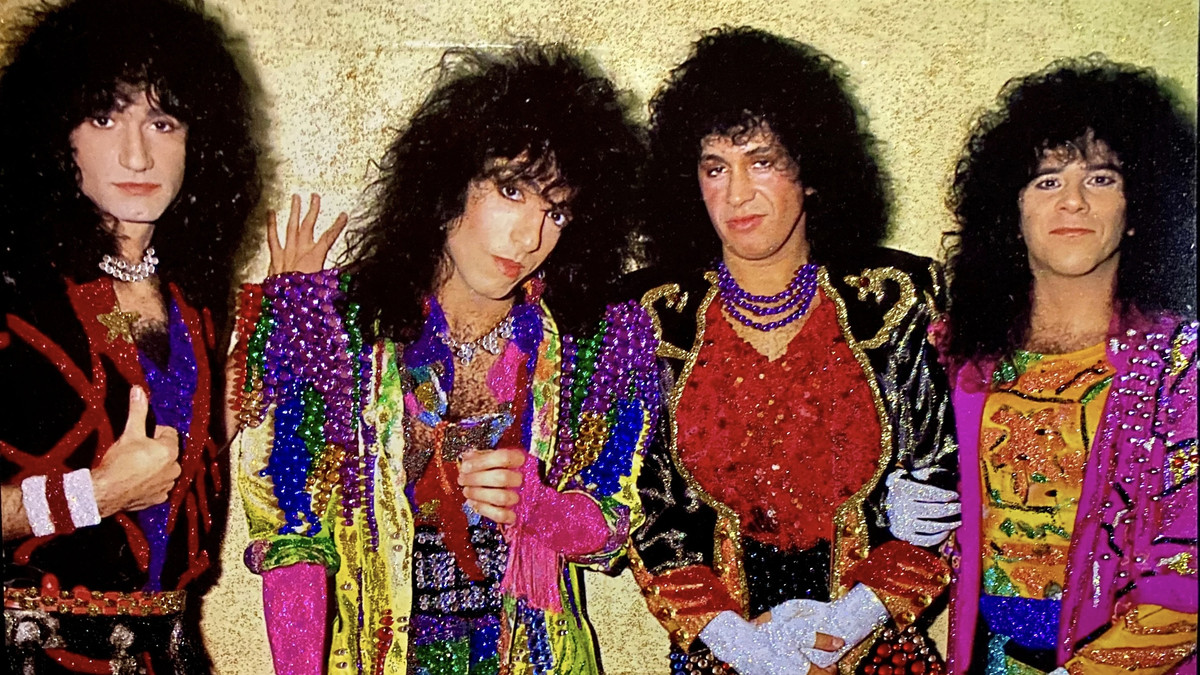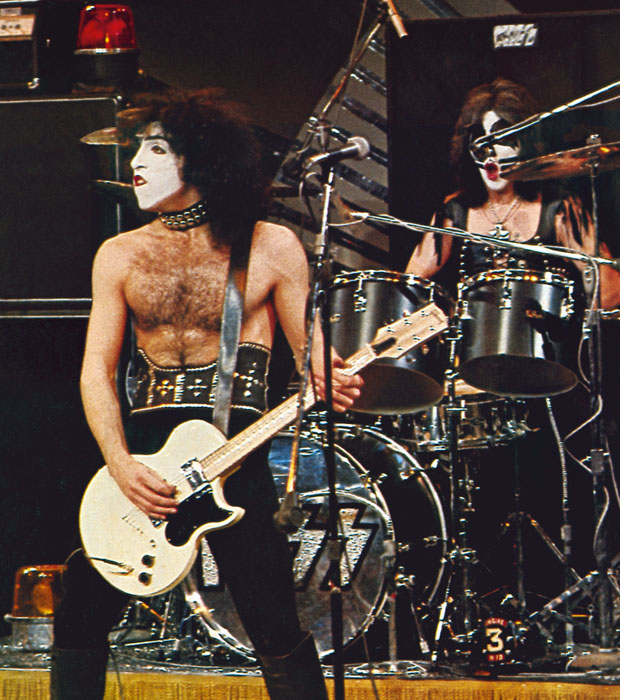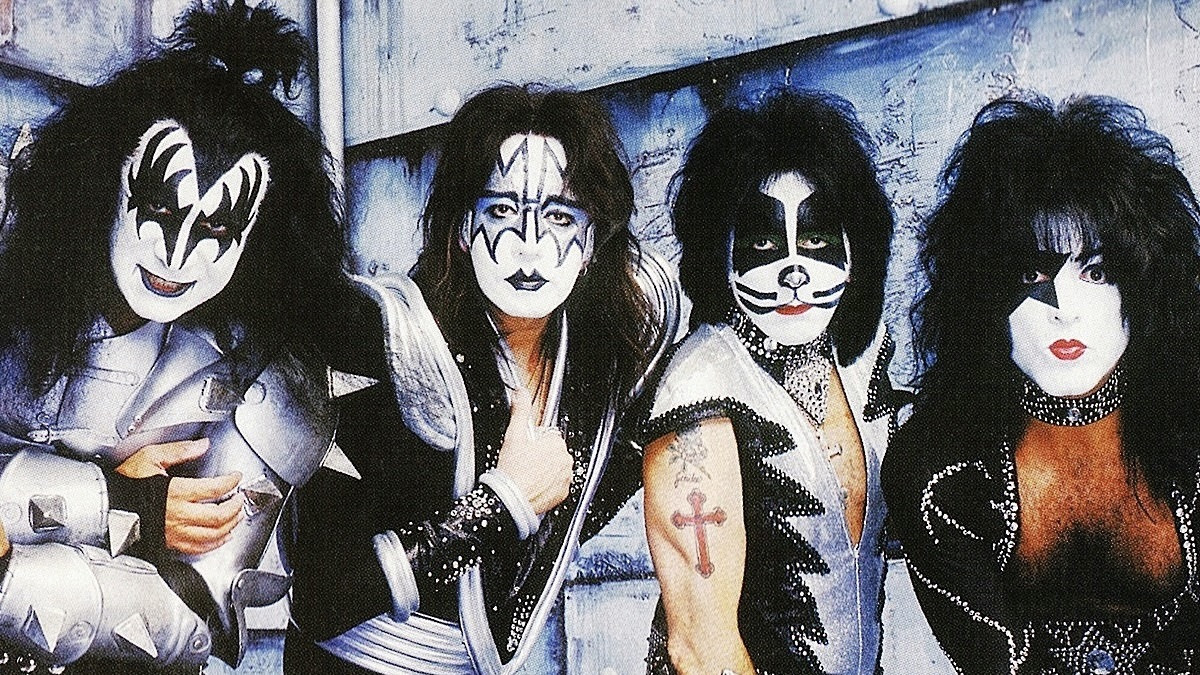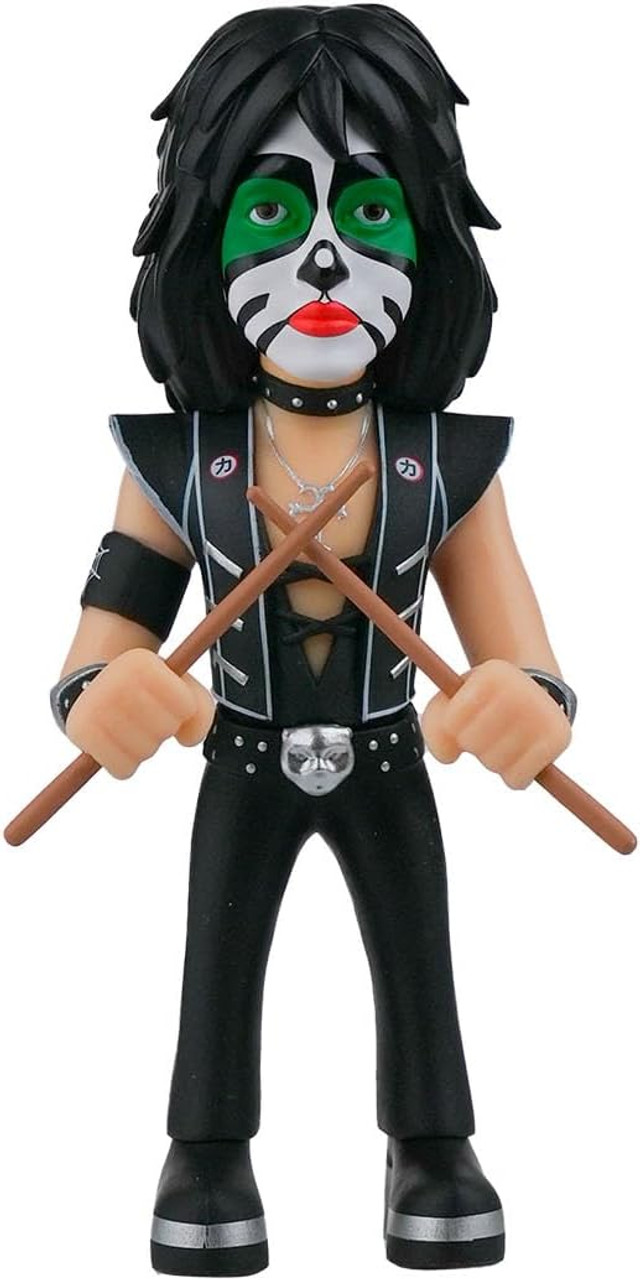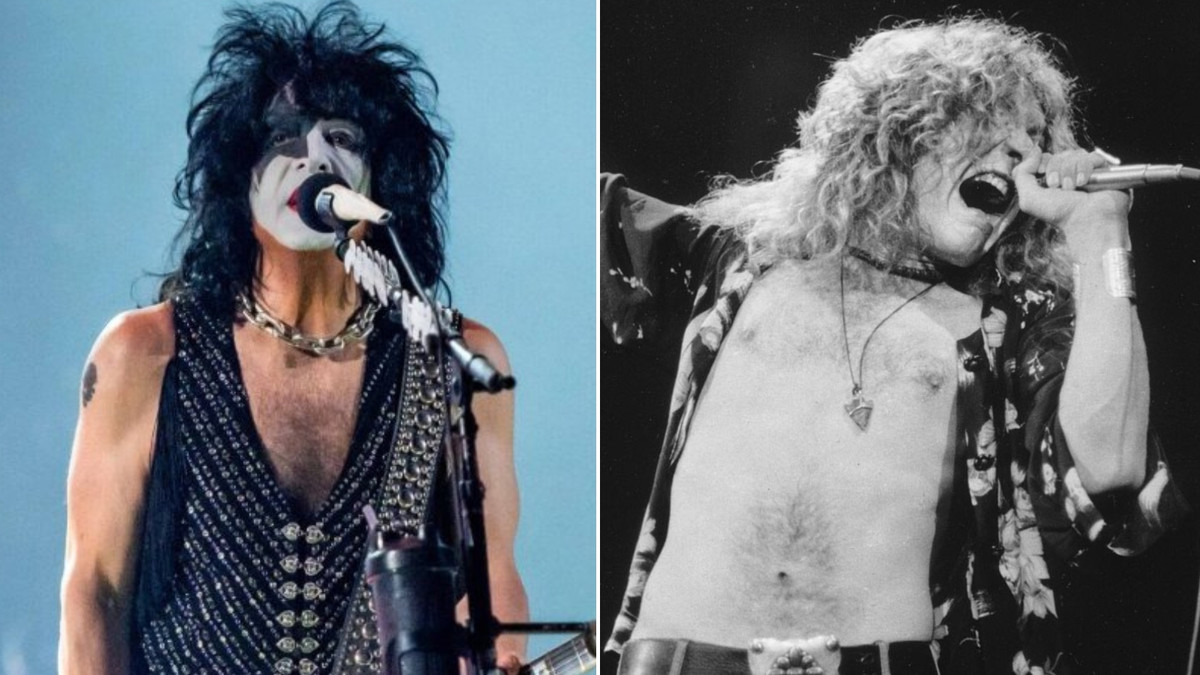
There are only a handful of rock singers who are universally regarded as some of the greatest of all time: Freddie Mercury, Ronnie James Dio, Rob Halford, Chris Cornell, Jeff Buckley, etc. Without question, Robert Plant belongs on that short list, as well, especially during Led Zeppelin‘s early years.
And one gentleman who agrees with this assessment of Plant is Paul Stanley. During an interview with The Magnificent Others with Billy Corgan, Kiss‘ Starchild stated his case and mentioned a few other of his favorite rock vocalists, to boot.
“You only had to see Robert Plant in 1969 to bear witness to something,” Stanley said (transcribed by Ultimate Guitar). “You’re gobsmacked, but you’re also just trying to figure out how in the world is he doing that. And exuding this sexuality. But his voice was insane.”

 Very cool new backpack! Padded shoulder straps, mesh backing and pockets inside. When flat measures 18 x 14 inches. Great quality!
Very cool new backpack! Padded shoulder straps, mesh backing and pockets inside. When flat measures 18 x 14 inches. Great quality!:max_bytes(150000):strip_icc():focal(737x341:739x343)/Paul-Stanley-Erin-Sutton-family-061325-6051b6a22d744b3caf47851ed2de3dd4.jpg)

 cool poster for the Scooby Doo KISS movie. Measures 24 x 36 inches. These seem close to mint. Very thick paper.
cool poster for the Scooby Doo KISS movie. Measures 24 x 36 inches. These seem close to mint. Very thick paper.


